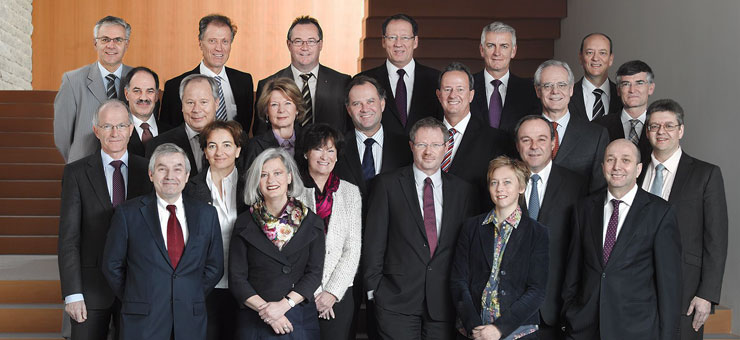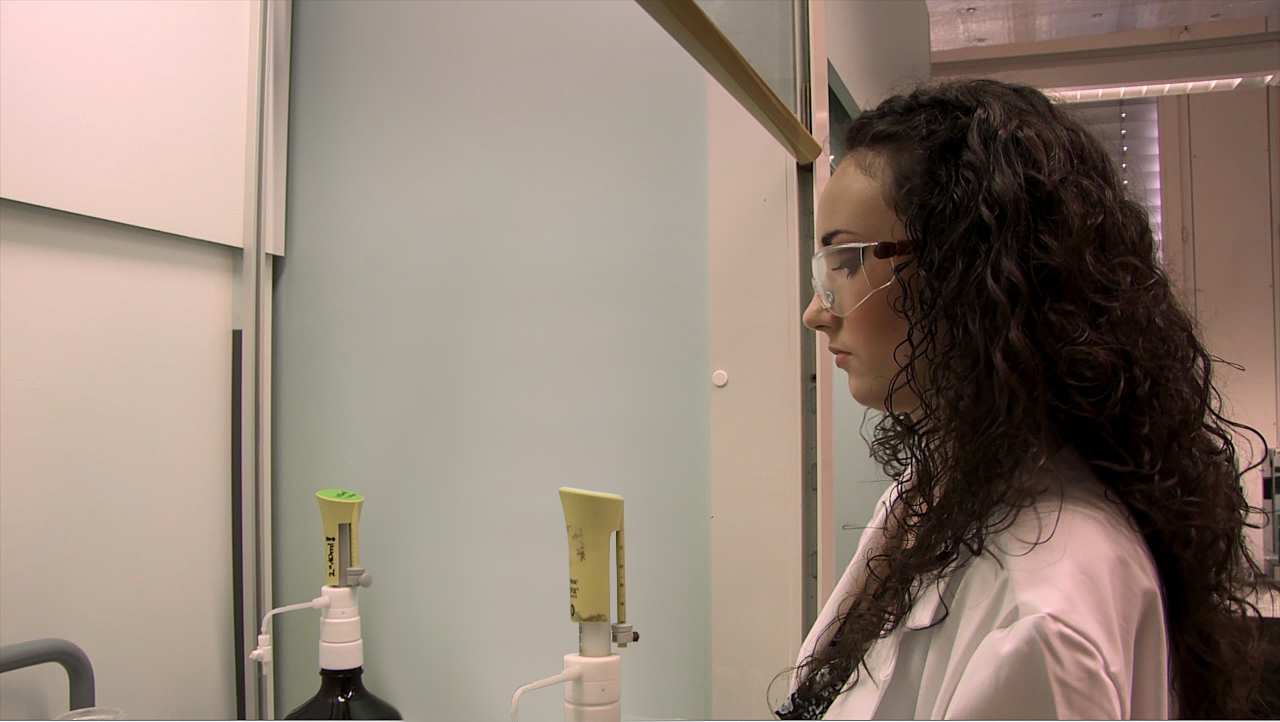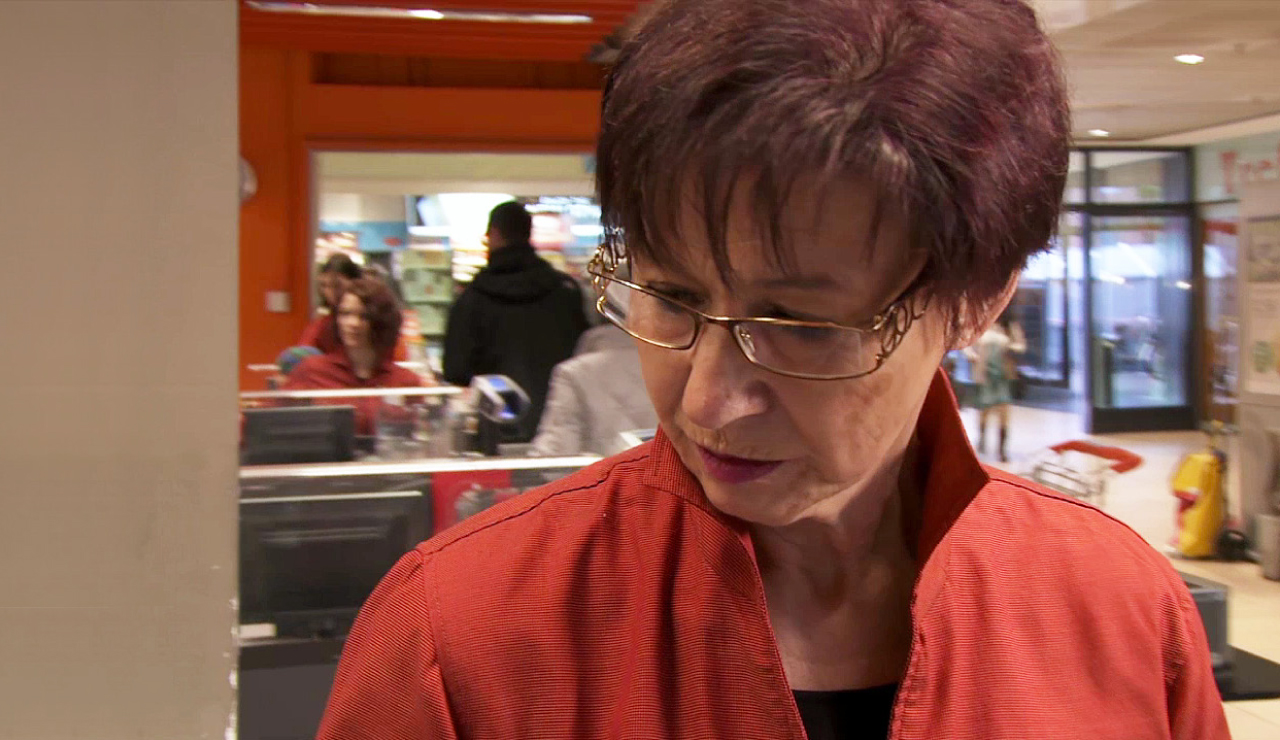
The Board of Directors
The Board of Directors appoints and supervises the Executive Board, formulates strategy and is responsible for organising the financial reporting, financial control and financial planning. It is also responsible for creating efficient management and organisational structures within Migros.
In 2013 the Board of Directors held seven meetings, each lasting between seven and nine hours. Two of these meetings were convened the day before (an additional three to four hours). In addition to the statutory matters and periodic reporting on all strategic business units of Migros, including the individual subsidiaries, the Board of Directors approved the expansion of the Migros-Verteilbetrieb Neuendorf (MVN) distribution centre and the takeover of the fashion house Schild by Magazine zum Globus. It also revised its rules of organisation and the directives of its committees.
Composition and electoral procedure
The Board of Directors is composed of 23 members: ten external, independent members and 13 internal members. The external, independent persons are the Chairman and the nine members from the business sector. Since they are employed by Migros, the Chief Executive Officer, the ten representatives of the ten regional Cooperatives (normally the managing directors) and the two employee representatives are regarded as internal members.
With regard to the composition and size of the Board of Directors, Migros deviates from the guidelines of the Swiss Code of Best Practice for Corporate Governance. According to the statutes, each regional Cooperative chooses its representative and therefore decides for itself who sits on the FMC Board of Directors. This influences both the size of the body and the ratio of external, independent members to internal members.
With the exception of the ten representatives of the regional Cooperatives, who are appointed by the elective bodies of the regional Cooperatives, the members of the Board of Directors are elected for a four-year term of office by the Assembly of Delegates. Re-election is permitted. The members of the Board of Directors retire on reaching the age of 70. The organisational rules of the Board of Directors do not permit the accumulation of important positions within Migros.
Working methods and powers of the Board of Directors
Decisions in the Board of Directors are passed by a simple majority of the members present – observing the usual rules for abstention. Detailed preparation and the preliminary work done by the committees mean that discussions by the 23 members of the full Board can be conducted effectively and efficiently. All of the agenda items that a member of the Board or a committee wishes to discuss are shown on the notice convening the meeting. Those attending the meeting receive detailed documentation about the motions in writing beforehand.
The dates for the ordinary meetings are set early, so that all members can usually attend. The attendee rate was 95% in the year under review. The six members of the Executive Board, as well as the President of the G. and A. Duttweiler Foundation, also attend the meetings of the Board of Directors in an advisory capacity.
As part of a process of self-evaluation, the Board of Directors regularly reviews its own and its members' approach and performance. The findings of this evaluation are implemented on a continual basis and discussions are held regularly on the implementation status. External consultancy services are called on to advise on specific topics.
The powers of the Board of Directors include formulating the strategy and organising the financial reporting, financial control and financial planning. It is also responsible for creating efficient management and organisational structures within Migros. The Board delegates operational management to the Executive Board, under the leadership of the CEO.
The responsibilities and powers are set out in the organisational rules of the Board of Directors and in the regulations for the committees.











